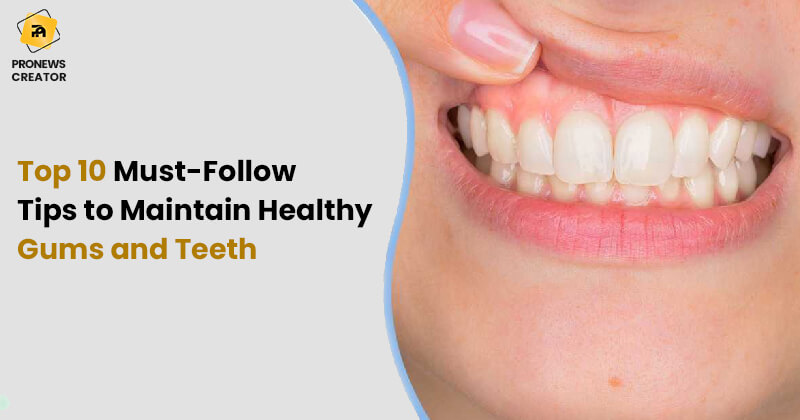The smile is one of the first features of a person’s face that our eyes meet.
It’s not only about how straight your teeth are or how dazzling your smile is when it comes to the health of your mouth.
You must not overlook your gums!
The most important activity a person can do to prevent and treat gum disease is to practice proper oral hygiene.
But, how to maintain healthy gums?
When it comes to dental health, most people disregard their gums in favour of achieving a bright, white smile.
Are Your Gums in Good Condition?
Learning what healthy gums look and feel like will help you maintain gum health and spot early signs of gum disease.
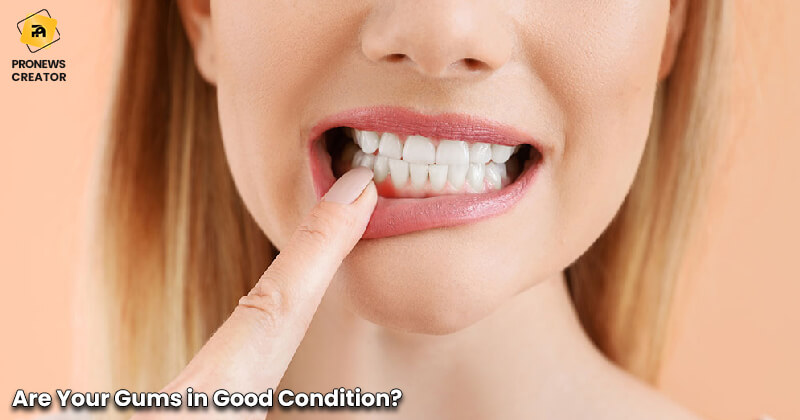
What causes gum disease?
Bacteria in plaque and tartar can cause gum disease.
It can generate infections that damage the gums and bones, resulting in gum disease and tooth decay.
Plaque is a sticky film that builds up on teeth.
It consists primarily of germs, mucous, food, and other particles.
When we do not remove plaque, it hardens into tartar, serving as a breeding ground for germs.
Bacteria in plaque and tartar create gingivitis or gum inflammation.
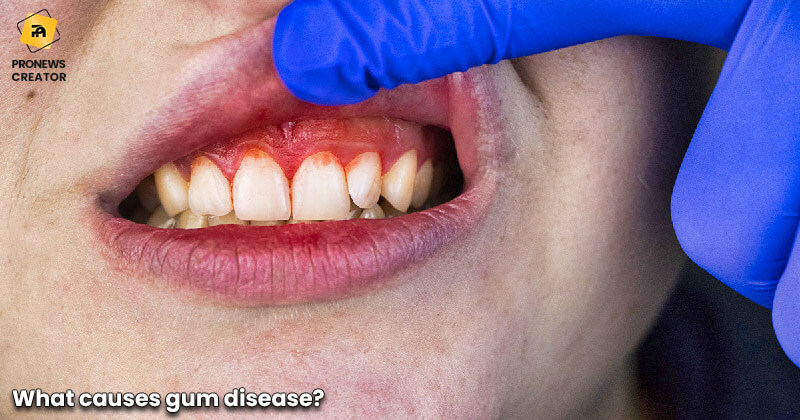
Symptoms of Gum disease
Gum disease symptoms frequently occur when the ailment is advanced.
| Long-lasting bad breath | Red, swollen, painful gums |
| Chewing pain | Loose or acute teeth |
| Gums that draw away from the teeth (recessing gums) |
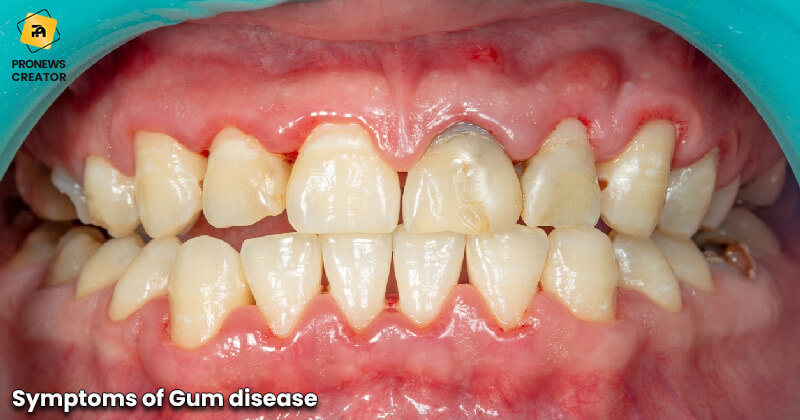
Factors Associated with Gum Disease
Some of the most frequent risk factors for gum disease are as follows:
| Poor diet and obesity | Teeth chewing or clenching |
| Anxiety | Smoking and tobacco usage |
| Age, with older persons being more prone to gum disease. | Genetics |
| The use of certain drugs, such as antidepressants, oral contraceptives, and certain cardiac medications |
Some disorders impacting the inflammatory system of the body can raise the risk of gum disease.
Diabetes, cardiovascular disease, and rheumatoid arthritis are examples of these disorders.
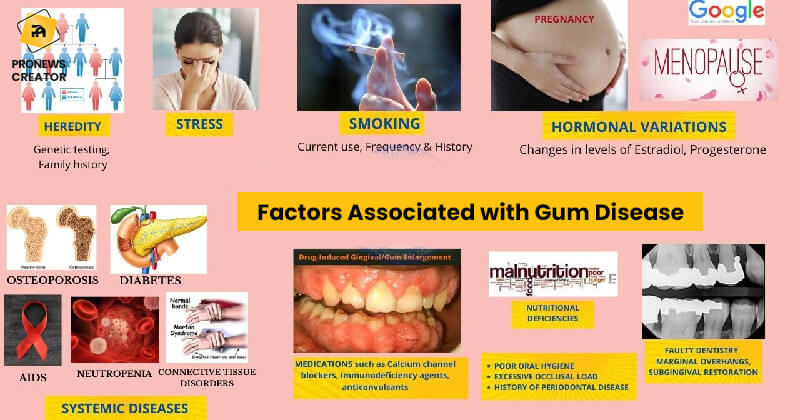
The 10 best ways to maintain your gums healthy
Your gums act as barriers against dental infection, and you can maintain them healthy by following the advice provided below.
1. Floss regularly
Floss your teeth at least once a day. It helps eliminate plaque and food your toothbrush cannot reach.
It makes no difference when you floss.
You can do it at night, in the morning, or after lunch… just do it!
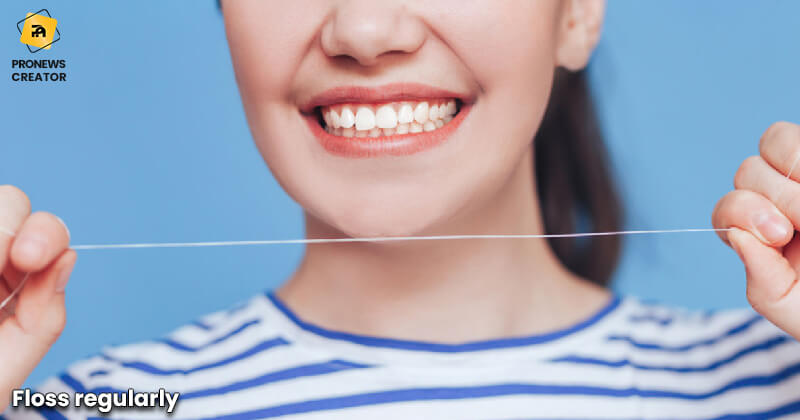
2. Brush Following Each Meal
Brush the back of your mouth in a circular motion, beginning with the top molars.
Proceed to the front and back of your upper teeth. Brush the bottom molars first, followed by the rest of your lower teeth.

3. Replace your brush regularly
Replace worn-out toothbrushes every three to four months since they might cause gum damage.
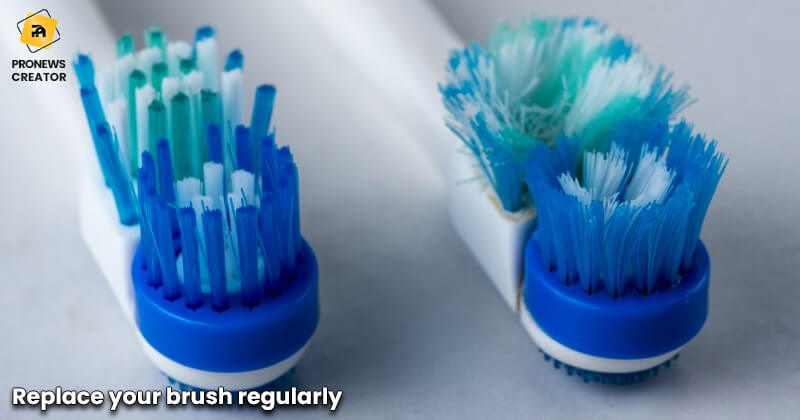
4. When brushing, use baking soda
According to research, baking soda helps remove plaque. It is also safe to use on the teeth, and inexpensive and widely available in practically all supermarkets.
Another study discovered that baking soda can aid in the prevention of tooth decay.
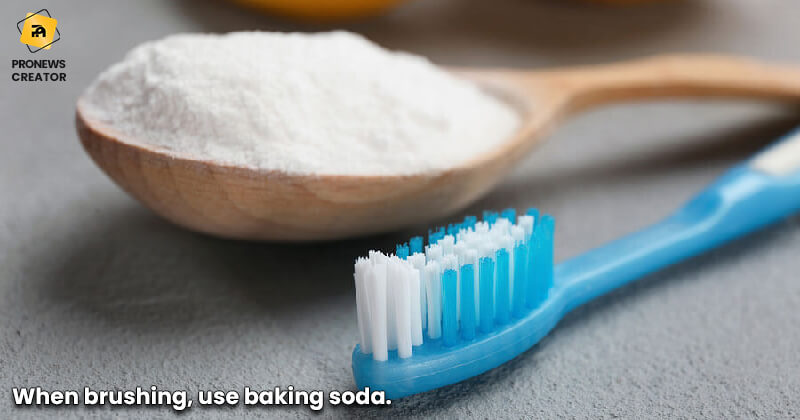
5. Get frequent dental exams
Professional cleaning of the mouth is in dental exams. A professional cleaning can remove tartar from the teeth.
Professional cleaning can also assist in removing plaque that a person may have missed while brushing their teeth.
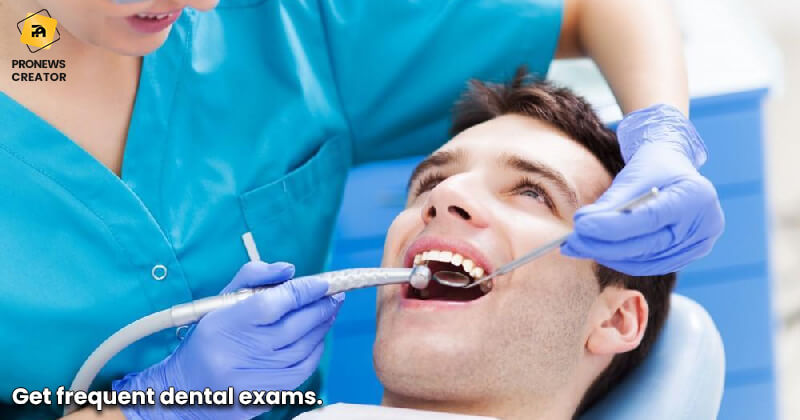
6. Brush twice daily
After each meal, brush your teeth. It aids in the removal of food and plaque that has become trapped between your teeth and gums.
Cleanse your tongue as well, as it might harbour bacteria. Your toothbrush should have soft bristles and fit pleasantly in your mouth.

7. Maintain a Healthy Diet
Eating healthy foods strengthens your immune system and allows it to fight infection.
Consume a lot of calcium-rich foods like milk, yoghurt, and cheese.
Calcium helps to keep the bone in which the tooth roots are implanted healthy. Sticky sweets, such as soft candies, toffees, taffies, and pastries, should be avoided.

8. Make use of a therapeutic mouthwash
Therapeutic mouthwashes, usually available over the counter, can help decrease plaque, prevent or minimize gingivitis, slow the formation of tartar, or a combination of these advantages.
A rinse aids in the reduction of food particles and debris from your mouth, but it is not a replacement for flossing or brushing.
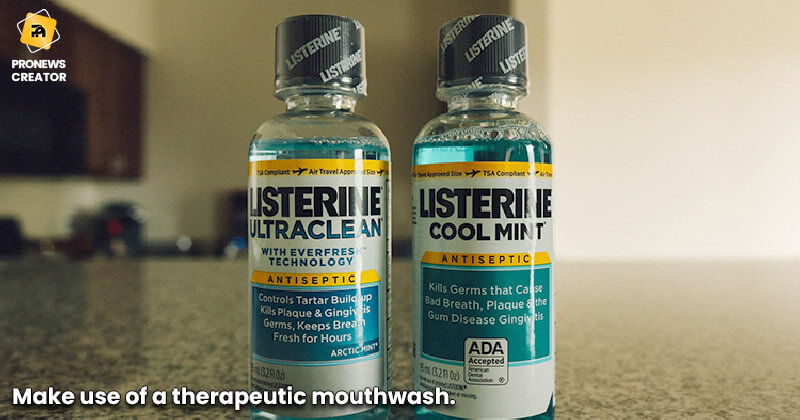
9. Avoid smoking
Smoking has a link to the development of gum disease. Because smoking affects your immune system, it makes it more difficult to fight off a gum infection.
Furthermore, smoking makes it more difficult for damaged gums to heal.

10. Make use of fluoride toothpaste
When it comes to toothpaste, numerous kinds on the market claim to alleviate gingivitis, freshen breath, and whiten teeth.
Make certain to use fluoride-containing toothpaste with the ADA mark of approval. The flavour and colour are then entirely up to you!
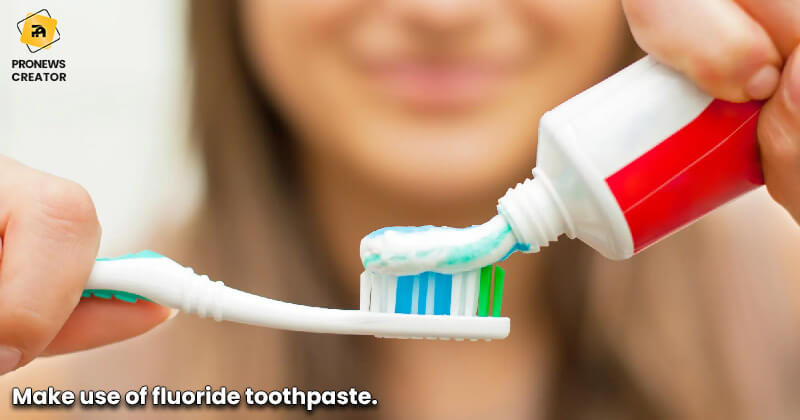
When should you visit the dentist?
If a person has bleeding or pain in their gums that lasts more than a week, they should see their dentist. Some common signs and symptoms to check for are:
| Gums that pull away from the teeth | Gums that bleed easily |
| Swollen, red gums | Sensitive teeth |
| Teeth that seem loose in the mouth | Pain during eating |
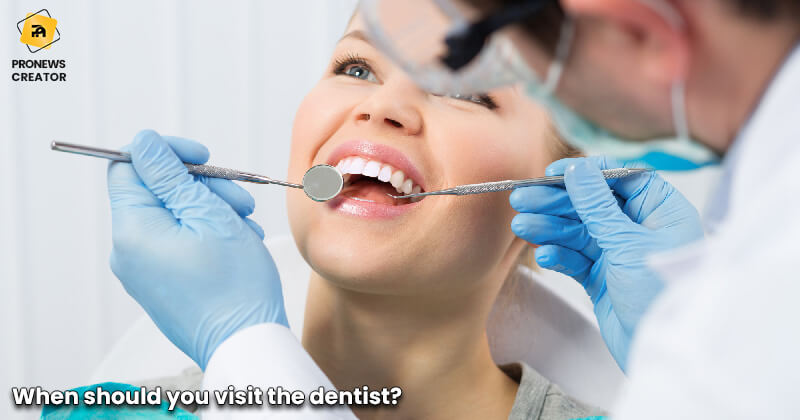
What is the difference between Healthy and unhealthy Gums?
Healthy gums are pink, firm in touch, and do not bleed. Unhealthy gums are usually red and swollen, bleeding while brushing and flossing, and may begin to tear away from your teeth.
You can compare your gums to photographs of healthy and diseased gums to get an idea of your condition.
Your dentist is the best person to consult for an official diagnosis of gum disease.
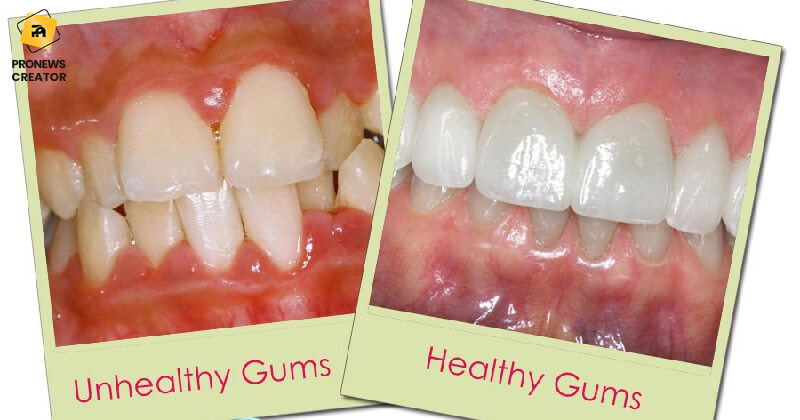
Final words
Gum disease may result in tooth loss. People can avoid gum disease by practising good oral hygiene.
Brushing and flossing your teeth at least twice daily can help prevent gum infections, cavities, and tooth loss.
Simple at-home oral care and dental examinations can aid in preventing and treating gum disease.
If a person begins to exhibit any of the indicators of gum disease, such as gum discomfort that lasts more than a week, they should consult their dentist.

